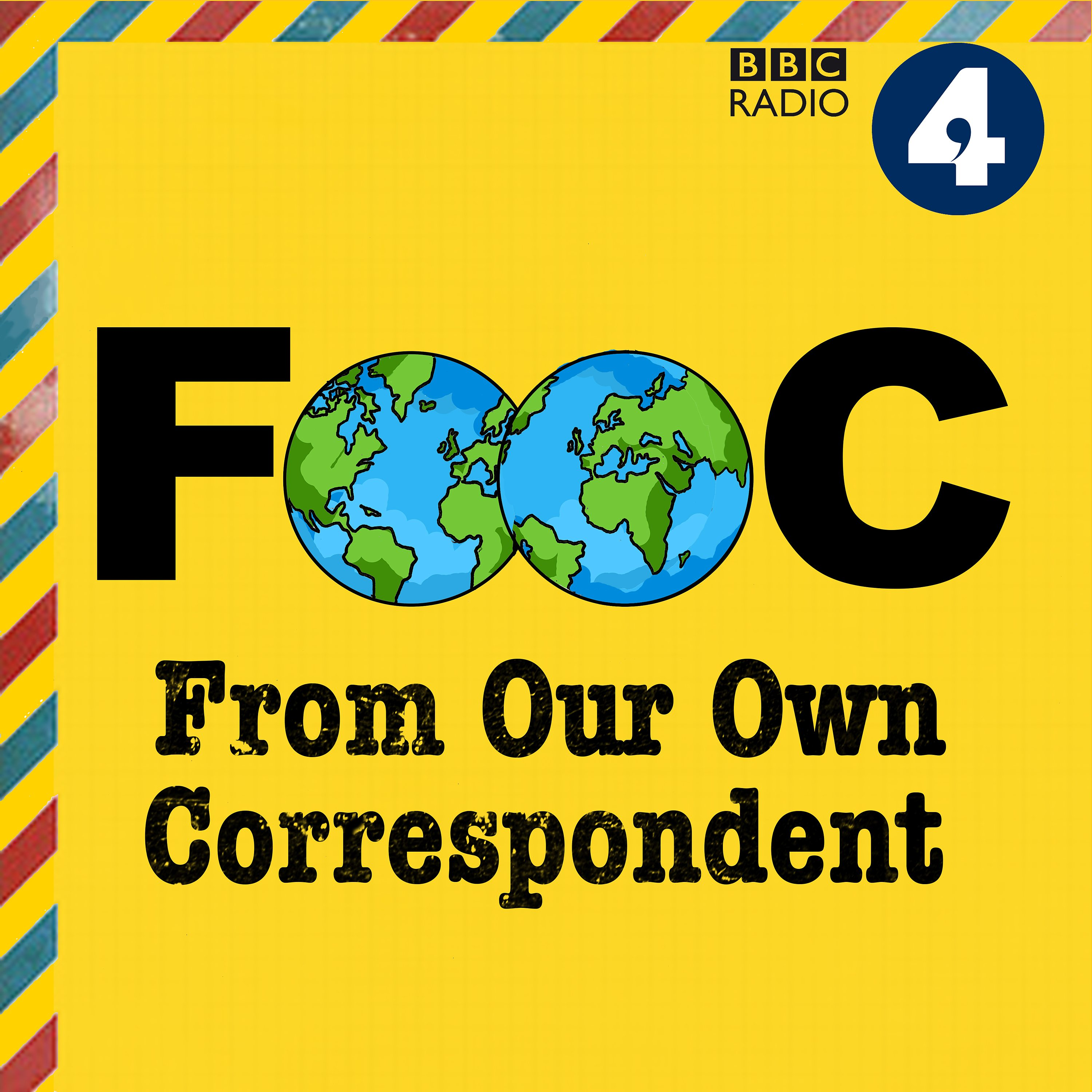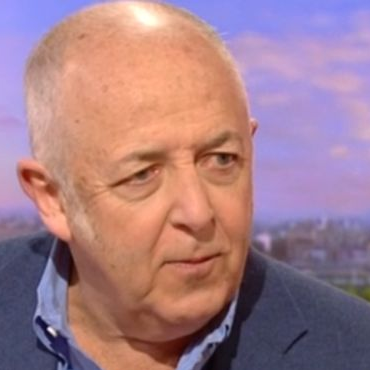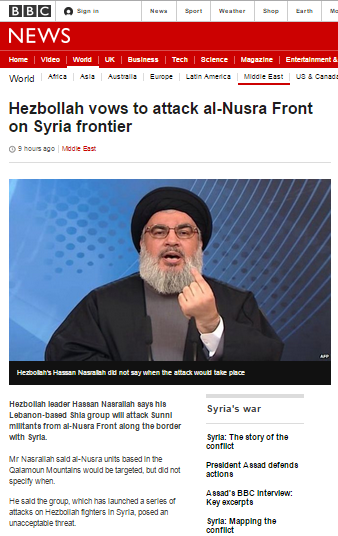As has been the case in previous years (see related articles below), Israel related content produced by the BBC during 2017 frequently included contributions or information sourced from NGOs.
BBC editorial guidelines on impartiality state:
“We should not automatically assume that contributors from other organisations (such as academics, journalists, researchers and representatives of charities) are unbiased and we may need to make it clear to the audience when contributors are associated with a particular viewpoint, if it is not apparent from their contribution or from the context in which their contribution is made.”
However, in the vast majority of cases audiences were not informed of the political agenda of the organisations and their representatives promoted in BBC content and on some occasions the connection of an interviewee to a particular NGO was not revealed at all.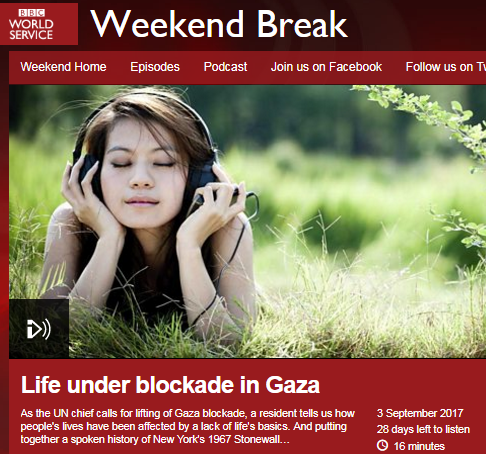
For example, an interviewee who was featured on BBC World Service radio at least three times between September 3rd and December 7th (including here and here) was introduced as “a mother of two” from Gaza but audiences were not informed that she works for Oxfam.
Similarly the founder of Ir Amim and Terrestrial Jerusalem was introduced to BBC audiences in February as “an Israeli attorney and specialist on the mapping of Jerusalem” and in June as “an Israeli lawyer specialising in the geo-politics of Jerusalem”.
In September a BBC World Service history show featured an interviewee without mentioning her significant connection to Medical Aid for Palestinians and related anti-Israel activism. In October the same programme featured a sole interviewee whose connections to the NGO Euro-Med Rights were not revealed to audiences.
Interestingly, when BBC radio 5 live recently conducted an interview concerning a UK domestic story with a political activist who was inadequately introduced, the corporation acknowledged that “we should’ve established and made clear on air this contributor was a political activist”.
On other occasions, while contributors’ connections to NGOs were clarified, the political agenda of the organisations concerned was not.
In October, when an interviewee from the Amos Trust appeared on BBC Radio 4, the NGO was inadequately described as “a Christian organisation working in the West Bank and Gaza” with no mention made of its anti-Israel activities.
A TV debate concerning the BDS campaign that was aired in February included representatives of War on Want and the Palestine Solidarity Campaign with no background information concerning the rich history of anti-Israel campaigning by both those organisations provided to viewers.
In September the BBC World Service interviewed the director of ‘Forward Thinking’ which was described as a “mediation group” while listeners heard no clarification of the relevant issue of the interviewee’s “particular viewpoint” on Hamas.
Audiences also saw cases in which BBC presenters amplified unsubstantiated allegations made by political NGOs during interviews with Israelis. In June, for example, while interviewing Moshe Ya’alon, Stephen Sackur invoked Human Rights Watch and Breaking the Silence.
In November Andrew Marr employed the same tactic during an interview with the Israeli prime minister, amplifying allegations from Human Rights Watch and Amnesty International without informing viewers of the political agendas of those NGOs.
BBC audiences also saw Human Rights Watch quoted and promoted in various reports throughout the year including:
BBC promotes political NGO in coverage of Azaria verdict
BBC’s Bateman shoehorns anti-Israel NGO into hi-tech story
Political NGO gets unreserved BBC amplification yet again
Additional NGOs promoted by the BBC without disclosure of their political agenda include Adalah and the Jerusalem Legal Aid and Human Rights Center (see here) and UJFP.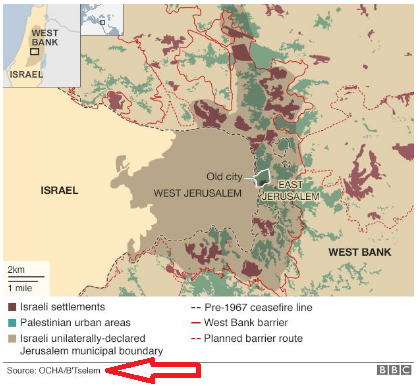
Material produced by the UN agency OCHA was promoted in BBC content without that organisation’s political stance being revealed and audiences saw a partisan map credited to UNOCHA and B’tselem used on numerous occasions throughout the year.
The political NGO Peace Now was frequently quoted and promoted (including links to its website) in reports concerning Israeli construction plans – see for example here, here and here – as well as in an amended backgrounder on the subject of ‘settlements’.
In April the BBC News website described Breaking the Silence and B’tselem as “human rights activists” without fully informing audiences of their records and political agenda.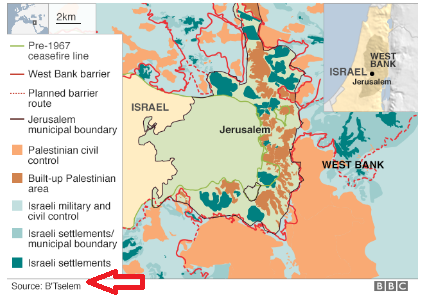
B’tselem was by far the BBC’s most promoted NGO in 2017 with politically partisan maps it is credited as having produced either together with UNOCHA or on its own appearing in dozens of BBC News website reports and articles throughout the year, including the BBC’s backgrounder on ‘settlements’.
Mapping the BBC’s use of partisan maps
Continuing documentation of the BBC’s B’Tselem map binge
BBC Watch prompts amendment to inaccurate BBC map
BBC audiences were on no occasion informed that the organisation from which that map is sourced engages in lawfare against Israel and is a member of a coalition of NGOs supporting BDS.
The NGOs quoted, promoted and interviewed by the BBC come from one side of the spectrum as far as their political approach to Israel is concerned and some of them are even active in legal and propaganda campaigns against Israel. Yet the BBC serially fails to meet its own editorial guidelines by clarifying their “particular viewpoint” and – as in previous years – in 2017 audiences hence remained unaware of the fact that the homogeneous information they are receiving about Israel is consistently unbalanced.
Related Articles:
Promoted and quoted: the BBC’s preferred Middle East NGOs
Promoted and quoted: the BBC’s preferred NGO contributors in 2014
Promoted and quoted: the BBC’s preferred NGO contributors in 2015
Promoted and quoted: the BBC’s preferred NGO contributors in 2016
BBC bases rejection of complaint on word of anti-Israel NGOs

